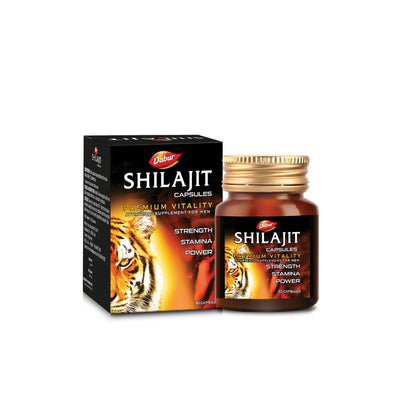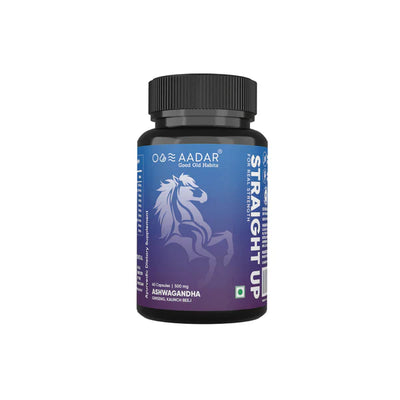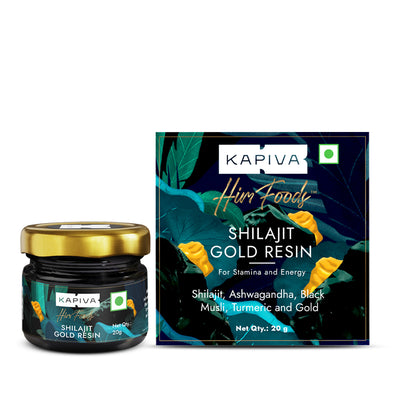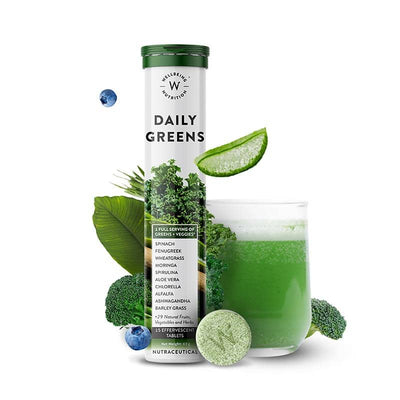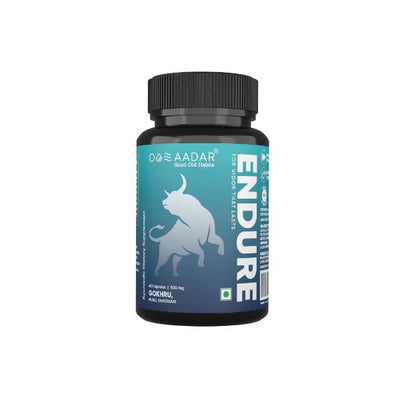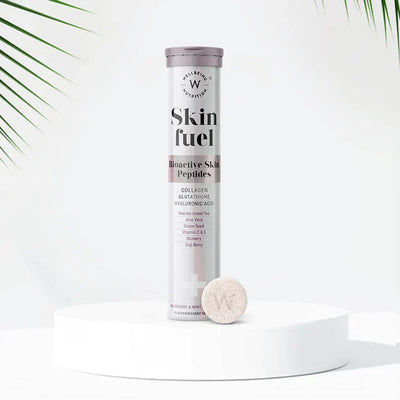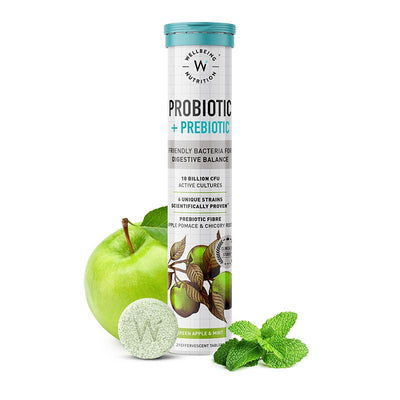The Dos & Don’ts of Taking Supplements
You’ve probably heard and read about the benefits of dietary supplements and taking them might feel like the right thing to do. A pill here and a pill there, surely they must do you good. The truth is far from that.
Supplements are one of the most overly marketed health products out there, with thousands of brands to choose from. Not all supplements have been created equal and if you don’t really need them you might not benefit from taking them. On the contrary, they might prove harmful to your body.
Here’s Valeo’s list of dos and don’ts in finding your way in the world of supplements:

Do your research first
With such an overwhelming number of nutritional supplements on display, how do you decide what to use and when to use it? Often people buy generic high street supplements, not understanding why they are using them and not feeling the least benefit from them.
There is a much darker part where people simply don’t know how those supplements are produced and what is in them exactly. What are the production standards, what is the quality of ingredients, what is the quality of research for their use? Many are safe and likely somewhat effective, but others aren’t what they appear to be. It’s a really good idea to work with a professional that knows and understands the supplement market. Someone whose job it is to do the research and check for you.
This is exactly what many of the Valeo Wellbeing coaches can do for you, starting with whether you need supplements in the first place. With Valeo’s blood testing program, you can monitor if a supplement is needed, has worked and had the desired effect on your overall health. This is especially important to avoid over-supplementation by blindly continuing to take something without understanding its long-term consequences.
If you want to go through the process without professional advice, try to buy independently verified supplements or contact the manufacturer and get more information before opting for their product. Manufacturers should be completely transparent with their production process and evidence base.
Don’t fall into the trap of supplement gurus
The ‘it helped me, so it must help you’ approach to supplementation is what I refer to as the ‘Guru market’. This is where something is successful for one individual so therefore it must be great for everyone. Nothing could be further from the truth. Lifestyle, nutrition, wellbeing, and health can and should be individual. This isn’t a one size fits all life, it’s your life with your issues, aims, and goals. Your supplements should be personal to your needs too.

Don’t take herbal supplements so lightly
Although they are marketed to be natural, with no side effects, herbal supplements can be highly reactive.. Herbs can be potent substances and even vast amounts of common pharmaceutical medicine are derived from plants and herbs.
A 2015 study published in the New England Journal of Medicine estimated approximately 23,000 emergency room visits in the USA are due to adverse supplement reactions. The most common herbal supplements causing reactions are those marketed for:
– weight loss
– sexual enhancement
– sleep
– laxatives
– bodybuilding
And the most common vitamin/mineral supplements causing reactions are:
– multi-vitamins
– minerals
– Iron
– Calcium
– Potassium
Adding to the confusion, recent research shows that a third of tested herbal supplements contained no evidence that the labeled herb was detected in them. Understanding herbal remedies takes huge skill, training, and research. This is why in my opinion, herbal supplementation is better done under the supervision of a trained individual or herbal practitioner who knows and understands exactly what they are advising.
Keep these 7 pointers in mind when taking supplements
1. Understand why you are taking a supplement.
2. Understand how effective it is and how it is manufactured.
3. If you are taking a supplement for nutritional deficiencies make sure you retest to see if it has worked and to avoid over-supplementation.
4. Take a look at your diet to see if it is contributing to your nutritional deficiencies
5. Only take one new supplement at a time. This can help you understand if you feel better, worse, or no different.
6. Only take the recommended dose unless specifically advised by a professional
7. Stop taking supplements if you experience any adverse effects.
Seek professional medical advice
Anyone under medical supervision for a specific medical condition or those using prescription medication should always seek professional advice before using nutritional supplements. Different physicians have different opinions about supplements, make sure to back up any advice you follow with your own research.
Valeo also recommends that the following individuals should seek professional advice before using supplements:
• Anyone undergoing cancer treatment
• Anyone taking immuno-suppressing medication. Those that have had organ transplants for example.
• Anyone who has experienced or is likely to experience an anaphylactic reaction
• Anyone pregnant or breastfeeding
• Anyone being treated for liver or kidney disease
• Children
Don’t miss out on the best supplements
I’ve developed deep trust and understanding by working with several nutritional supplement manufacturers over the years. I have no financial interest in that relationship other than they share their research and in doing so, improve my understanding of supplements and give proper advice on the subject.
Still, my advice for the best supplementation.
– Multivitamin and mineral supplement is eating wholesome, fresh food.
– The best protein and iron supplements are pasture-fed steaks.
– The best hydration supplement is drinking a mix of real salt, lemon juice, and water.
– The best sleep supplement is getting morning sunlight and evening darkness.
Jamie Richards – Valeo Chief Wellbeing Officer

